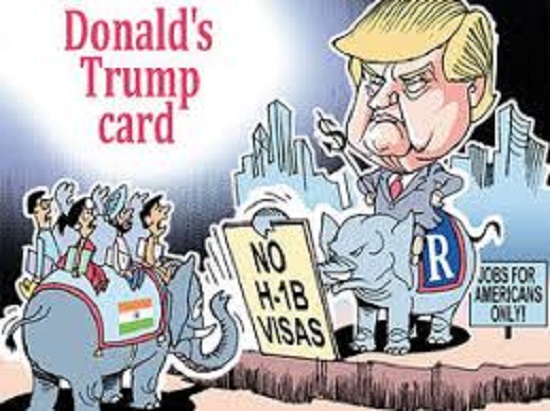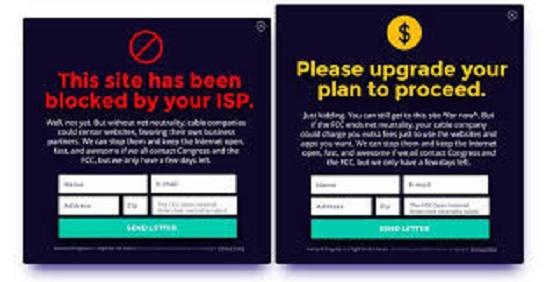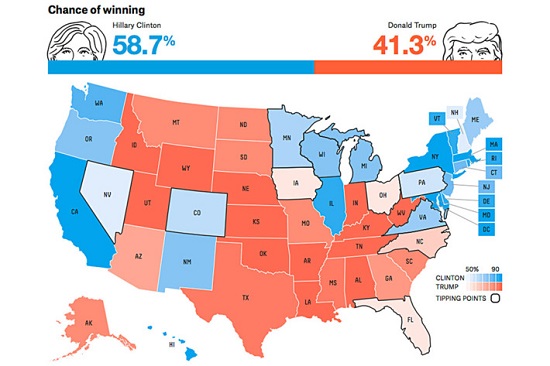Continued massive growth by the giant high-tech companies in Silicon Valley brings with it commensurate demand for trained software engineers (as well as housing shortages and high prices, traffic jams, and other problems). The U.S. doesn’t produce enough STEM (Science, Technology, Engineering and Math) trained people, so the tech companies are forced to cast a wider net by hiring foreigners, using the mechanism of H-1B visas. Many of these H-1B hires are from India, and of those many are provided by well-compensated outsourcing firms such as Infosys, Tech Mahindra, and WiPro.
The situation in 2018 is similar to the one in 2017, with the important difference that now President Trump is now involved. He does things in strange and wonderful ways, and the America First plank in his election platform may bode ill to the H-1B visa program. Plus, he is at odds with the leaders of the giant high-tech companies. So anything can happen.
While the H-1B visa program may enable well-educated (especially in technology) individuals to enter the U.S. and earn considerably more than they could in their native countries, some of them are dissatisfied with the layers of bureaucracy that prevent them from advancing. However, there are two outstanding exceptions to this (both natives of India), namely Microsoft CEO Satya Nadella (who joined Microsoft in 1992 and became its CEO in 2014) and Google Inc. CEO Sundar Pichai (who joined Google in 2004 and became its CEO in 2015 when its now-parent Alphabet Inc. was created).





